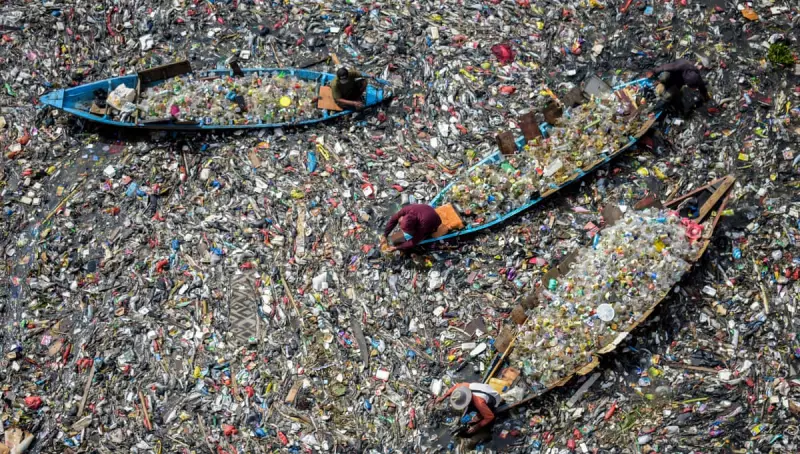
The Plastic Paradox: Industry Lobbyists Drown Out Environmental Reform
Behind the polished rhetoric of sustainability at recent UN plastic treaty negotiations, a startling reality emerged: representatives from oil and gas corporations outnumbered nearly every national delegation. Confidential attendance records obtained by environmental watchdogs show 143 fossil fuel and chemical industry lobbyists registered for the talks - eclipsing the combined representation from 70 smaller nations.
Lobbyist Playbook: Delay, Distract, Derail
The industry's coordinated strategy became apparent through:
- Scientific obfuscation - Funding studies questioning microplastic health risks
- Recycling mythology - Pushing false solutions like chemical recycling
- Geopolitical wedge issues - Exploiting Global North/South divisions
"It's like having tobacco companies dictate smoking regulations," remarked one delegate from the Pacific Islands, where plastic waste now outweighs fish stocks in some waters.
The Plastic Pipeline Problem
With petrochemicals becoming oil giants' new profit lifeline, the industry has:
- Quadrupled plastic production since 2000
- Projected 40% growth by 2030
- Invested $208bn in new facilities since 2010
This industrial tsunami comes as researchers find microplastics in human blood, placentas, and even brain tissue.
What Wasn't Discussed in Nairobi
The final treaty draft conspicuously omitted:
- Binding production caps
- Polymer-specific bans
- Extended producer responsibility mandates
Environmental lawyers warn this creates loopholes big enough to "drive a garbage truck through" - precisely as industry intended.






